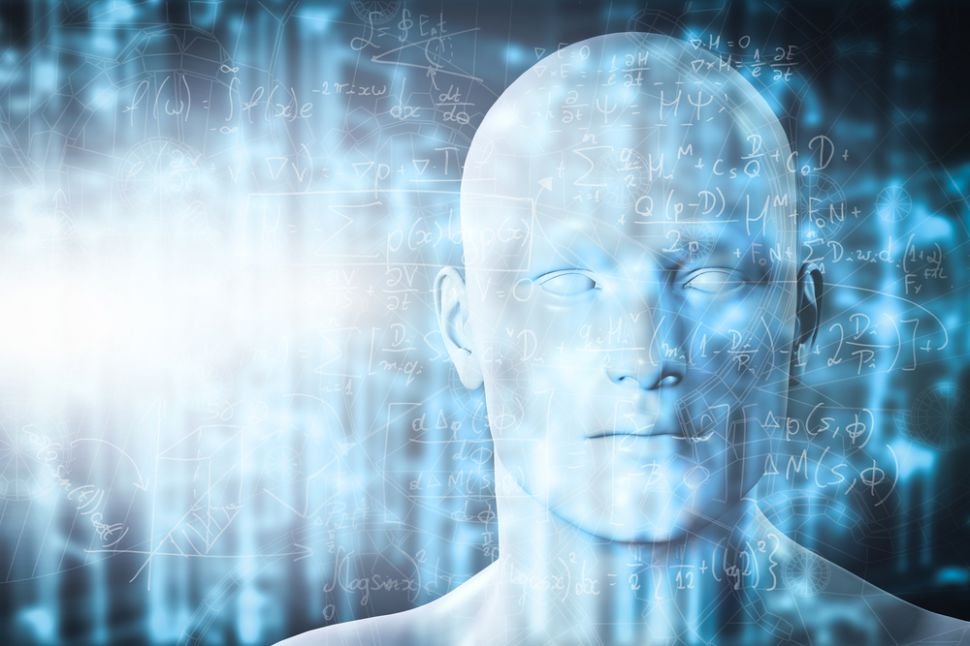

We are currently living through an unprecedented period in our personal and professional lives. The COVID-19 pandemic is having a decisive impact on how businesses operate at a fundamental level. To keep up with the changes within their respective industries and stay relevant, companies need to reassess where they are investing. Technology like artificial intelligence (AI), which helps businesses stay agile in the face of change, is essential to help manage that change. AI is not a new tool, especially for companies that embarked on a digital transformation before the pandemic. However, one of the great strengths of AI is helping to solve complex problems, and the pandemic has posed many particularly difficult problems in everyday life. As a result, we see more and more organizations turning to advanced IT systems to help them navigate today's climate, from financial services to manufacturing, logistics, government services and more. Data scientists, data analytics tools, citizen scientists, and the IT infrastructure of global networks can help companies control vast amounts of data. This data can be used to help make policy decisions, restock our grocery stores, prepare for the after effects of supply chain disruptions, and so many other curveballs that COVID-19 has thrown at us. Here are some ways that AI is transforming different industries:
Finance
The banking industry has been no stranger to AI in recent years, providing customers with a better and more personalized banking experience through digitization. However, during the pandemic, the industry has also turned to artificial intelligence to speed up backend functions that benefit the customer, but are not directly seen by them, such as helping to process documents faster. According to a recent McKinsey survey, 88% of finance and insurance executives reported increased implementation of automation and artificial intelligence since the outbreak. It wasn't limited to improving backend functions; it has also enabled an increase in the use of contactless credit cards and cashless money transfer systems, and more and more online transactions.Manufacturing
In the manufacturing industry, technology changes everything from design to production. The PwC Global CEO Survey, which examines industrial manufacturing trends in 2020, showed that 74% of CEOs say that operational efficiency is the main driver of revenue growth. As a result, the focus is on artificial intelligence, machine learning, and automation, as the promise of process automation, remote monitoring, and extended capabilities is too great to ignore. Artificial intelligence can also help alleviate the pain of last-mile delivery, the last step in the delivery process to end-consumers, by better predicting recipient availability and better understanding consumer delivery preferences. Last-mile delivery issues account for more than half of all shipping costs, and with many people relying on delivery of the most common household items, supply chains are facing an uphill battle right now.Logistics
Logistics is also rapidly becoming an AI-driven industry, with machine learning being used more and more throughout the supply chain. From weighing a package to measuring its shape and size and measuring the capacity of facilities in the utility grid, AI can help fine-tune operations and minimize forecast uncertainty and help drivers efficiently load delivery vehicles. The pandemic has put a lot of pressure on the supply chain. More and more people are relying on e-commerce to purchase items they would otherwise have bought in person, putting more pressure on parcel services. The ability to optimize routes using real-time traffic and weather data, as well as implement machine learning models to predict where new pickups are likely to come from, minimizes operational expenses. maximizing services.Retail
In other parts of the supply chain, retailers are also benefiting from AI. For example, warehouse robotics solutions are often enhanced with machine learning capabilities to enable them to work cooperatively or speed up pick, pack, and delivery processes. COVID-19 means many more people are choosing to order their groceries online for a contactless experience, and with smart automation, retailers can better manage this increased demand, allowing them to better serve their customers.Government services
Another area that has been disproportionately affected by COVID-19 is public sector services. Organizations like Unemployment Services have seen record volumes of calls following unemployment claims related to the COVID-19 pandemic. For example, the Oklahoma Employment Security Commission received more than 60.000 calls per day. Services like this can benefit from AI integration to help your business phone systems route calls, reduce wait times, and provide an additional channel to answer unemployment-related questions. Conversational AI can also be used to address complex needs that have never been seen before, such as health, employment and insurance inquiries.Feel like
Every day, we see more and more companies turn to AI to meet their needs. The right use for you and your business will depend on what you are trying to achieve. However, artificial intelligence and machine learning should complement and help people's capabilities. There is no doubt that jobs will continue to evolve during this period, as they have always adapted to change. However, many jobs will be supplemented by these technologies and completely new jobs will be created as well. AI has already stabilized businesses with the emergence of sophisticated tools, best practices, and a rapidly growing community of builders. More than ever, we will see AI transforming businesses in almost every industry.- Andrew Moore, vice president and general manager of industrial and artificial intelligence solutions, Google Cloud.